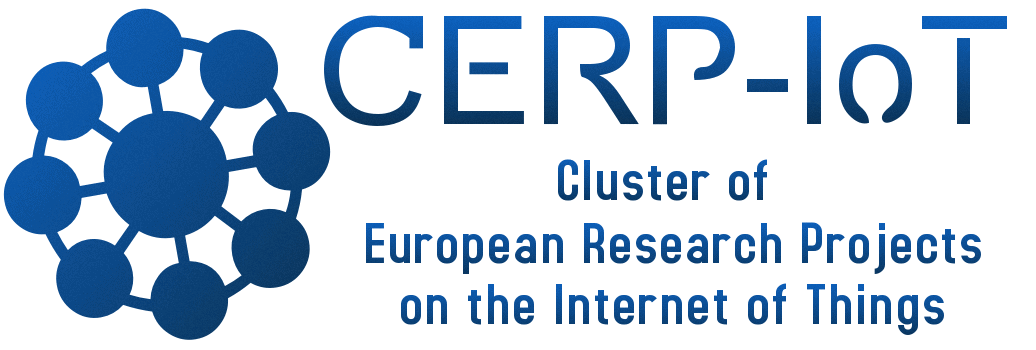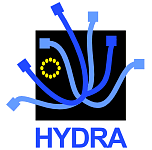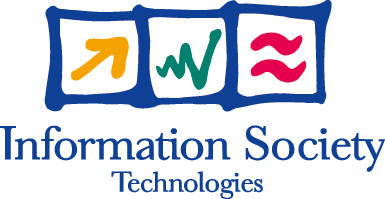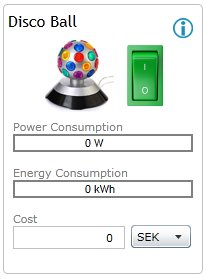|
Partner: |
The Fraunhofer Institute FIT (Institute for Applied Information Technology) – FIT |  |
|
Country: |
Germany | |
|
Type: |
Research Institution | |
|
Contact person: |
Dr. Markus Eisenhauer | |
|
Website: |
www.fit.fraunhofer.de | |
|
Key persons:
|
Project lead - Dr. Markus Eisenhauer Technical lead - Alexander Schneider Researchers - Christian Prause, Marius Scholten, Andreas Zimmermann |
|
|
Areas of expertise: |
The Fraunhofer Gesellschaft zur Förderung der angewandten Forschung e.V. (FhG) is the leading organisation of institutes of applied research and development in Europe with about 12.500 employees and a budget of around 1.3 Billion Euros. Currently there are 56 Fraunhofer Institutes in Germany at 40 different locations from which 15 institutes are dedicated to information technology. The Fraunhofer Institute FIT (Institute for Applied Information Technology) is participating in HYDRA with an experienced and excellent team of researchers from the “Information in Context Group” (ICON). ICON is an interdisciplinary group of scientists, which has gained an internationally acknowledged reputation in the areas of context-awareness, adaptive and personalized systems, context modelling, mobile services, and usability engineering. FIT has been making significant contributions to Computer-Supported Cooperative Work and Human-Computer Interaction.FIT has been involved in the past in numerous international projects and is currently involved in more than 30 national and international projects. Among them (A complete list can be found on our website): Nomadic Information Systems:
Personalized eLearning:
Cooperation and Community Support:
User-oriented Software Engineering
Knowledge Management
Collaborative Mixed Reality Systems
FIT has evolved a number of products that are now being marketed successfully by the industrial partners. Among them:
|
|
|
Role in the project: |
The Fraunhofer FIT contribution and expectation of the Hydra project is to ensure a sound HYDRA system design and architecture and to develop methods, middleware solutions, ensuring a maximum of interoperability so that application modules and services can be adapted and based independently on the domain dependent model. FIT is responsible for the system design and the system architecture.
FIT is also heavily involved in the scenario-based requirements analysis process and overlooks that the requirements and quality properties from the areas embedded systems, (wireless) networks, MDA and security/trust will be reflected in the architecture. FIT will also be involved in the development of Context-awareness and self-adaptive methods and the consideration of trust concepts within Hydra. User centred design and usability aspects for nomadic and wireless applications and services are further aspects to which FIT will contribute. FIT is also involved in dissemination of the project results (publication of papers in scientific journals, presentations at scientific conferences and workshops, etc.). Regarding the allocation of work to the different workpackages FIT has the following responsibilities:
FIT contributes to the following workpackages:
|
|





 The Hydra project is co-funded by the
The Hydra project is co-funded by the 


